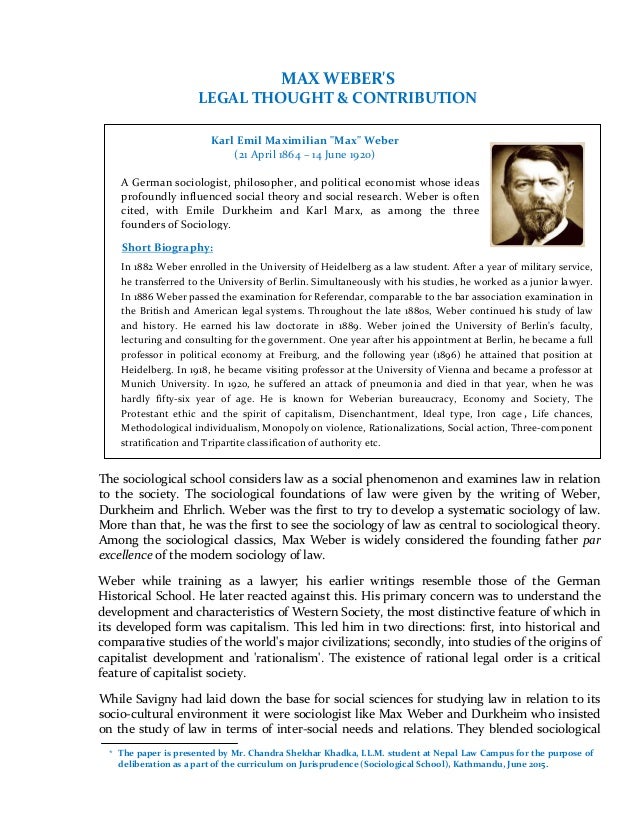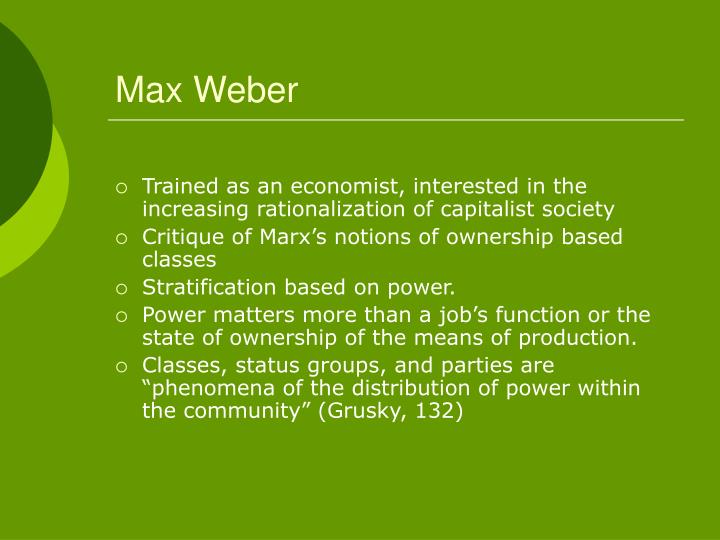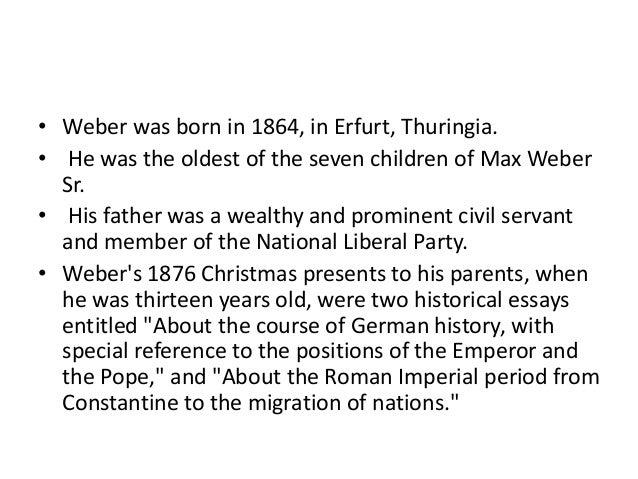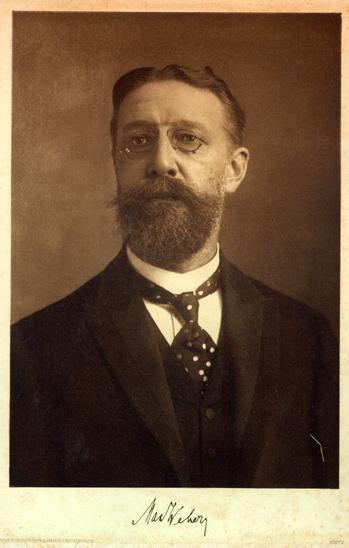
Read also: Get to know the work of Auguste Comte: Course of Positive Philosophy

Weber continued his steps by conducting an investigation and found that one of the branches of Protestant Christianity, namely Calvinism, had a doctrine that was compatible with the spirit of capitalism.Īccording to Weber, the doctrine of Calvinism brought by Richard Baxter, John Calvin’s successor, was laden with a “worldly ethos” that encouraged its adherents to work and accumulate as much wealth as possible. The statistical data that Weber managed to collect showed that the majority of capital owners, company leaders, and skilled workers in Germany during Weber’s time were followers of Protestant Christianity. In The Protestant Ethic, Weber tries to see the relationship between religious doctrine and the spirit of capitalism.

In The Protestant Ethic and the Spirit of Capitalism (1904–1905). The Protestant Ethic and the Spirit of Capitalism The explanation above shows that the ideal type can only be used to explain one specific aspect of a phenomenon.Īnd a social scientist must be able to explain in detail why he or she chooses to use the ideal type as the analytical knife. Read also: Get to know Hans Georg Gadamer's Hermeneutic Theoryīut in reality, the use of religious attributes must involve other external factors such as emotional and traditional factors. For example, a sociologist might state that the use of religious attributes by individuals is a form of value-rational social action, because such action is based on religious values. Therefore, Weber distinguishes between the ideal type and the social reality that exists in the field. The ideal type is a process of capturing the essential characteristics of a phenomenon in order to keep scientists objective and measurable. In the work Objectivity in Social Science, Weber coined a concept called the ideal type. Max Weber’s thoughts on Sociology were not only limited to social action, but also discussed the ideal types listed in one of his works entitled Objectivity in Social Science (1904).

The third type, affection, refers to actions that are based on an individual’s feelings, such as crying at a funeral.Īnd the last type is traditional, referring to actions that are based on tradition, or in other words, have been carried out repeatedly since ancient times, such as going home. The second type is about rational values ( wertrational ), referring to actions based on belief in certain values, such as praying together based on religious values. Read Also : Getting to Know Auguste Comte's Three Stage Law Theory The first type is rational-instrumental ( zweckrational ), referring to actions based on the actor’s rationality in order to achieve certain goals, such as economic transactions. Weber divided social action into four types. Therefore, the main goal of sociology according to Weber is to understand in depth ( verstehen ) the subjective meaning of social actions carried out by these individuals. Max Weber assessed that social action every individual action addressed to individuals, or other groups has a subjective meaning. In Basic Sociological Terms, Weber discusses the focus of sociological studies related t o the theory of social action. His contribution to sociology can be seen in various works such as Basic Sociological Terms, Objectivity in Social Science, The Protestant Ethic and the Spirit of Capitalism, and The Types of Legitimate Domination. Max Weber’s most phenomenal thoughts are his writings related to sociology. Max Weber’s education began at the University of Heidelberg by studying various scientific studies including philosophy, economics, history and law. From the background of his parents, of course, Weber can be said to come from the middle and upper middle class. His father was a bureaucrat who occupied a strategic position in government while his mother was a devout Calvinist. Max Weber was born in Erfurt, Germany on Apand died in Munich Germany on June 14, 1920, at the age of 56. This definition then became the basis as well as an important reference for social scientists in the study of modern western political science at that time. In addition, in another well-known work entitled Politics as a Vocation, Weber defines the state as an institution that has a monopoly on the lawful use of physical force. Read Also : Understanding Protestant Ethics and the Spirit of Capitalism by Max Weber

Max Weber’s perspective on religion is one of the main factors in the differences in views between Western and Eastern cultures in viewing religion.


 0 kommentar(er)
0 kommentar(er)
